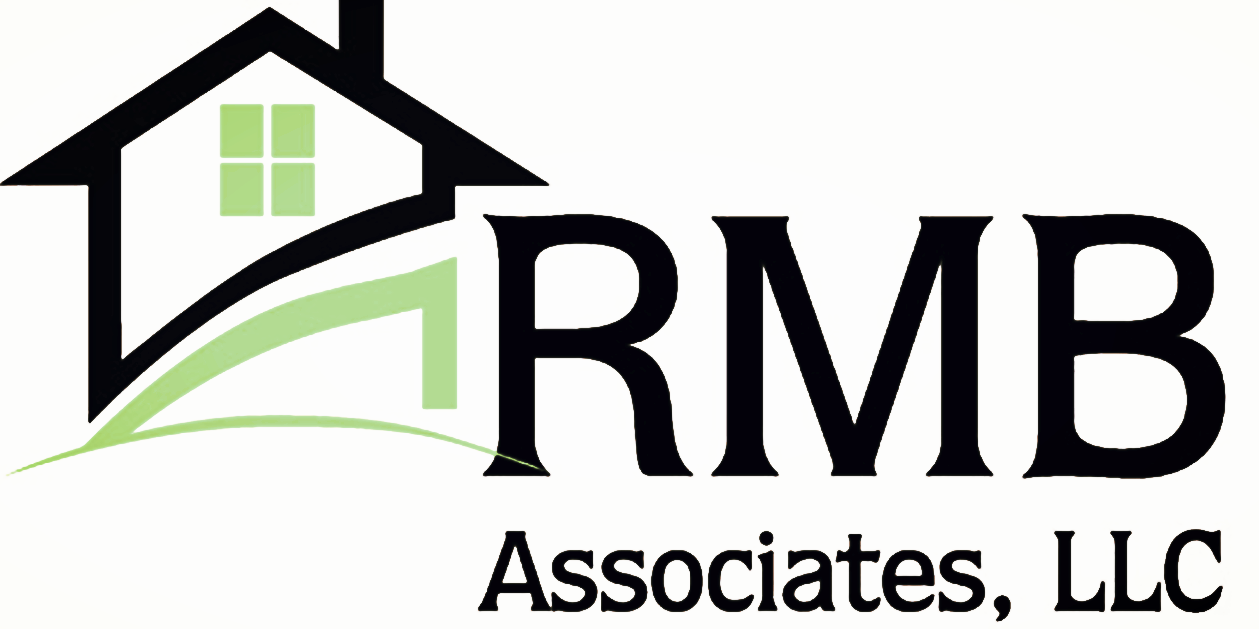What Are They Thinking-Increase Property Taxes and Impliment Rent Control
/Oregon now has a newly elected governor and a new super majority legislature. They are getting ready to move and begin implementing policies that, from their perspective, will help solve major funding issues and directly address housing problems associated with reduced affordable housing and increasing homelessness.
One of the Oregon legislature’s ideas to generate more revenue is to introduce legislation to increase taxes. Among twenty seven of these bills there are nine that propose an increase in property taxes (SJR1, SJR2, HJR1, HJR2, HJR3, HJR4, HJR11, HB2104, HB2157).
At the same time we have a governor and legislature that have a deep concern over affordable housing and believe we need to act now to avoid more people being homeless. They want to address finding affordable housing solutions for those who are currently homeless. Their proposed solution is to introduce legislation to cap rent increases to 7% per year plus the annual change in the consumer price index. The governor calls this rent stabilization but in reality it is another form of rent control.
Rent control has been around for years in places like New York and San Francisco. It has done little to increase the availability of low cost housing and instead has lead to overall higher rents, lower quality rentals and lower inventory of affordable housing. This could also guarantee annual rent increases to existing renters of approximately 10%.
The question is why does the legislature want to harm the very people they proclaim they are trying to help with legislation that does the very opposite in addressing the problem of affordable housing? Why is this type of legislation harmful?
Owners
1. Most mom and pop landlords may have one or two rentals.
2. Many do not increase the rent annually when they have good renters because they know good tenants will take care of the property and pay their rent on time and they want to retain them.
3. Most mom and pop owners still have a mortgage, property taxes and insurance that they have to pay each year. In addition they need to keep a cash reserve for needed repairs. The cost of repairs can be very expensive if you have to hire them out. Many people can’t or won’t be able to afford to do more than the bare minimum required repairs if this legislation is enacted.
4. Many people who would consider renting out their property are instead opting to sell rather than go through the added time, expense and effort with minimal return of renting in the economic environment this legislation would create. This is particularly true in the Portland area where many potential investors are opting to sell rather than turn their homes into available rental units. Instead they are selling their rentals and purchasing property in other cities and states or investing the proceeds into more profitable investments.
Tenants
1. With rent stabilization (control) tenants and potential tenants would have less inventory to choose from.
2. Tenants could count on annual rent increases at the maximum allowed limit.
3. Tenants could count on lower quality rentals because owners would only do the minimal amount of repairs needed because of increased taxes and vendor costs.
4. Tenants wouldn’t move because where they are living would be cheaper than moving to a new rental unit where rent would be significantly higher. Rent will be higher in marketed properties because of restricted supply and owners needing sufficient income to offset the limited rent increases allowed by law from current tenants.
4. The homeless population would increase because of overall reduced affordable housing associated with reduced supply of available rental units and higher rents.
We see these situations in cities such as San Francisco and New York where rent control has been implemented. If affordable housing is the goal then perhaps the legislature could consider positive tax incentives instead of heavy handed regulation. How about tax breaks for owners who would rent out their properties at a lower rent? It would also help to streamline the permit process to shorten the time frame and lower the cost of building new properties. How about encouraging people with larger homes to rent out a room to an elderly person who can’t afford to rent a regular apartment through tax rebates or other positive financial incentives? Elderly homelessness is a growing issue that isn’t going to be addressed by the City of Portland’s or the state capitol’s current solutions and legislation.
Ultimately the government solutions need to go beyond single issues like housing and address the bigger problems of broken families, drug addiction and living wage jobs. Addressing mental health issues and social/community issues are a much larger problem that need long term workable solutions yet lack appeal at the city council or state legislature level because they don’t produce immediate results. Constructively addressing these larger longer term issues will help reduce or possibly eliminate many of our current housing and other social/community problems in the long run. The current solutions proposed by state and local government are band-aids that only cover the real problems and will make matters worse, not better.

